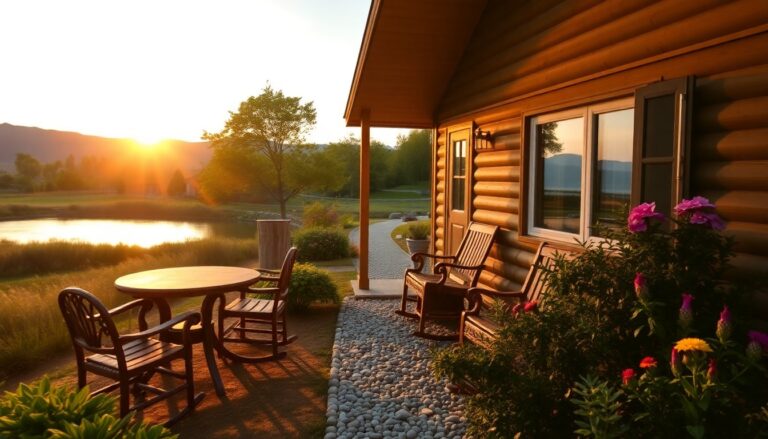The trend of acquiring a second property has gained significant traction in recent years. This shift is fueled by various motivations, including the desire for a personal getaway and the potential for a solid investment. Understanding the implications of owning a second home is crucial for prospective buyers.
Owning a second
residence offers numerous advantages. It can serve as a personal sanctuary in a desirable location, providing a space to unwind and create lasting memories. Additionally, if the property is rented out, it can generate passive income that helps offset maintenance costs and mortgage payments. However, examining several critical aspects is essential to ensure a wise investment.
Understanding the motivations for a second home purchase
The reasons behind investing in a second property are diverse. For
many, the primary allure lies in having a dedicated space for vacations, allowing for repeated visits without the hassles of booking accommodations. Moreover, a second home can also act as a financial asset, particularly in regions with high demand for short-term rentals.
Recognizing the potential for value appreciation is important. Real estate often retains or increases in worth over time, making it a generally sound financial decision. Additionally, rental income can
significantly contribute to covering costs such as property taxes and upkeep. Potential buyers, however, should remain cautious of risks, including fluctuating market conditions and challenges in securing tenants.
Key considerations before purchasing
Before making a decision, several fundamental elements require careful evaluation. Establishing a clear budget is paramount. This budget should encompass not only the initial purchase price but also additional expenses, including closing costs, taxes, and necessary renovations.
Another crucial factor is the location of the property. Selecting a site with robust tourism potential can significantly influence investment profitability. Conducting thorough research on market trends in the area, local amenities, and overall quality of life is essential. Visiting the desired location during different seasons can provide valuable insights into its appeal throughout the year.
Navigating the legal and financial landscape
The process of acquiring a second home involves navigating various legal and bureaucratic requirements. It is advisable to consult professionals such as a real estate attorney or a notary to ensure all documentation complies with local laws. Additionally, verifying that the property is free from existing liens or debts is essential to avoid complications during the purchase.
Financing options for your new property
When financing a second home, several avenues are available. Some buyers may opt for a cash purchase, while others might consider a mortgage. If choosing the latter, comparing offerings from different lenders and understanding your credit profile is vital, as mortgage terms can vary widely based on the property type and location.
Purchasing a second home can be a rewarding opportunity that blends investment potential with personal enjoyment. It is critical to approach this endeavor with thorough research and thoughtful planning. By carefully evaluating all associated factors and preparing adequately, buyers can make a sound investment that benefits them for years to come.

